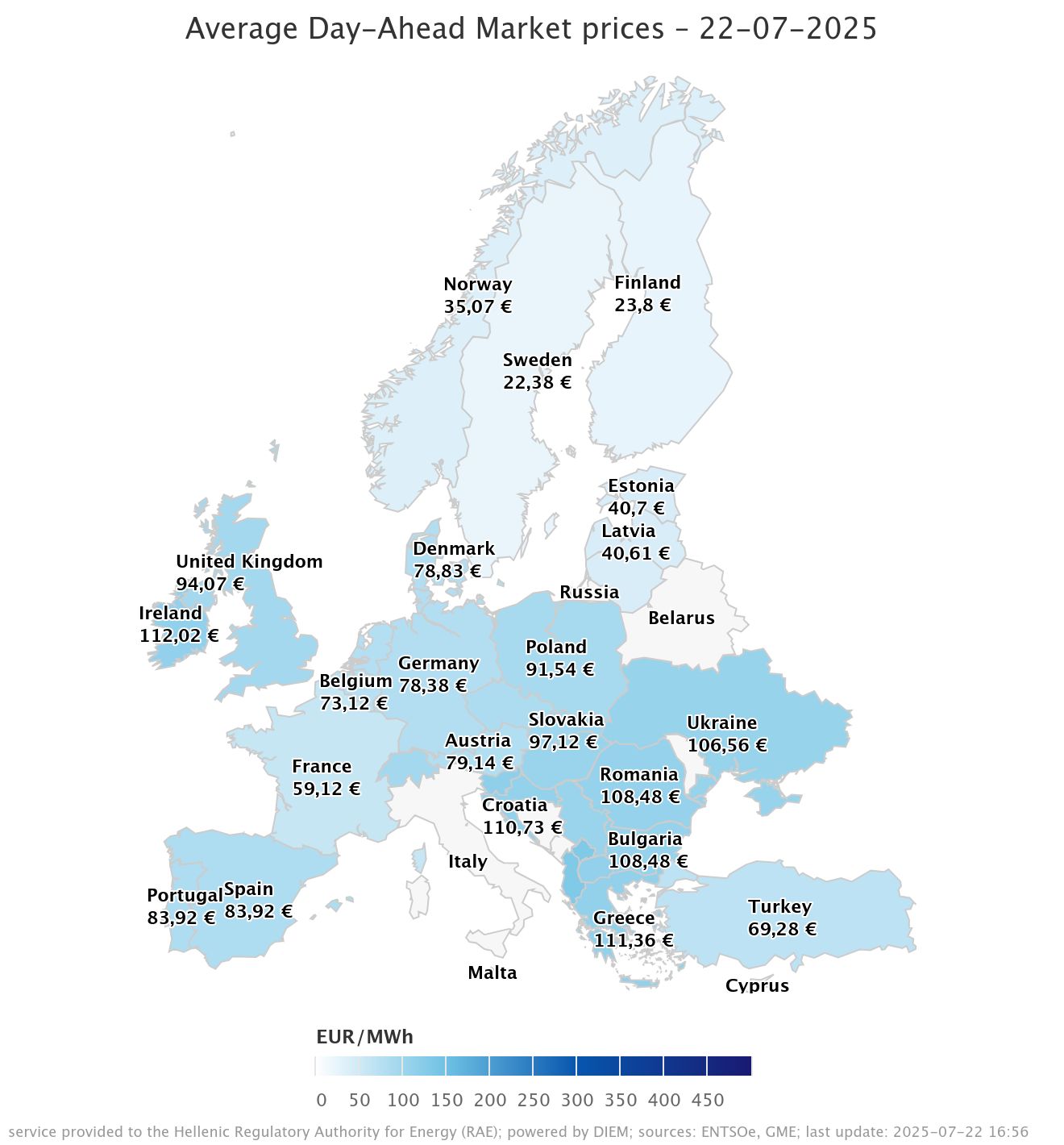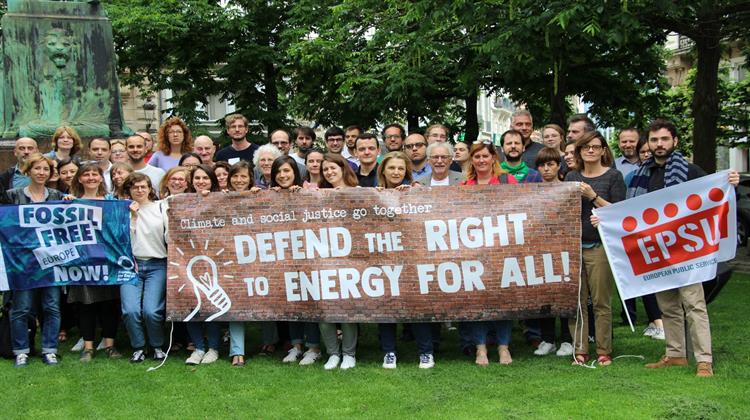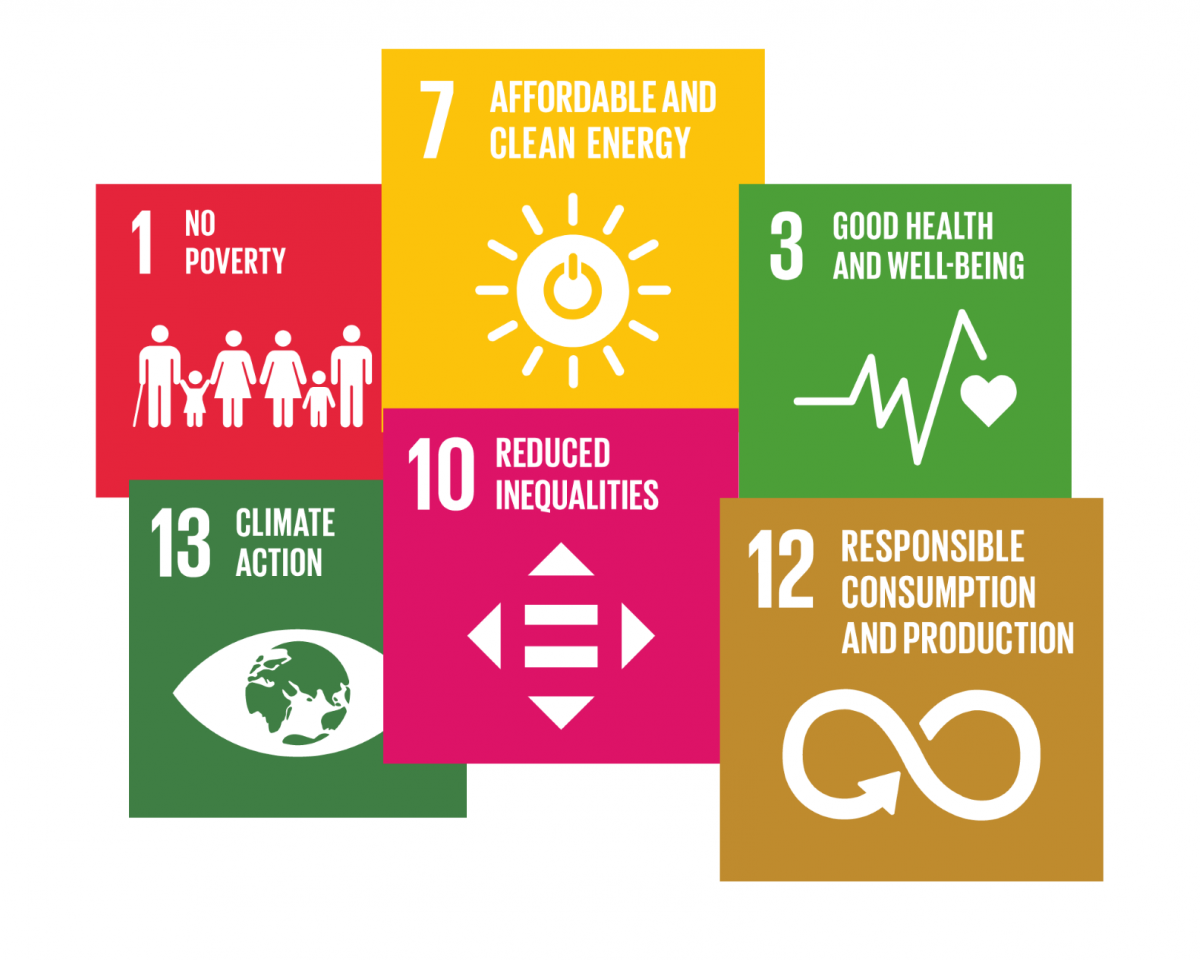Greece is struggling in the extreme heat wave that has been going on lately, with temperatures exceeding 40 degrees Celsius. This condition brings to the surface a subtle crisis, that of energy poverty, a condition with serious consequences. Between 23 June and 2 July 2025, an estimated 175 people died in Athens due to the prolonged heatwave, with 96 of them directly linked to climate change, according to a recent study by the Grantham Institute – Climate Change and the Environment at Imperial College. The same report notes that the human factor – through the burning of fossil fuels – increased heatwave temperatures by up to 4°C, intensifying the phenomenon.
Vulnerable groups – the elderly, people on low incomes and migrants – have to survive in a climate where coolness is not a right but a privilege. What is unfolding is not just an extreme weather event, but a social shock that reveals inequality in access to protection, demonstrating the gap between survival and the inability to adapt in an overheated world. The majority of the deaths involved people over 65 years of age, confirming the age-related vulnerability to heat crises. However, mortality does not only depend on age, but also on whether a person can cool their home, afford energy costs or access health support.
In Greece, according to data from INZEB (a Greek nonprofit promoting energy efficiency and sustainable building practices) and Heinrich Böll Stiftung, 17.7% of households said they cannot keep their homes sufficiently cool in summer, while 28.7% have difficulty covering energy costs in general. Inequalities in energy access are exacerbated in the summer months, with critical shortages of cooling systems in low-income areas. Thus, heat waves act as multipliers of inequality and bring to light a double injustice: those who pollute the least are hit the hardest, and those with fewer means of protection are also the most exposed to the impacts of climate deregulation.



